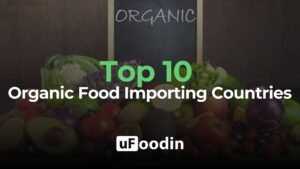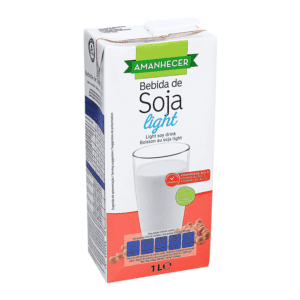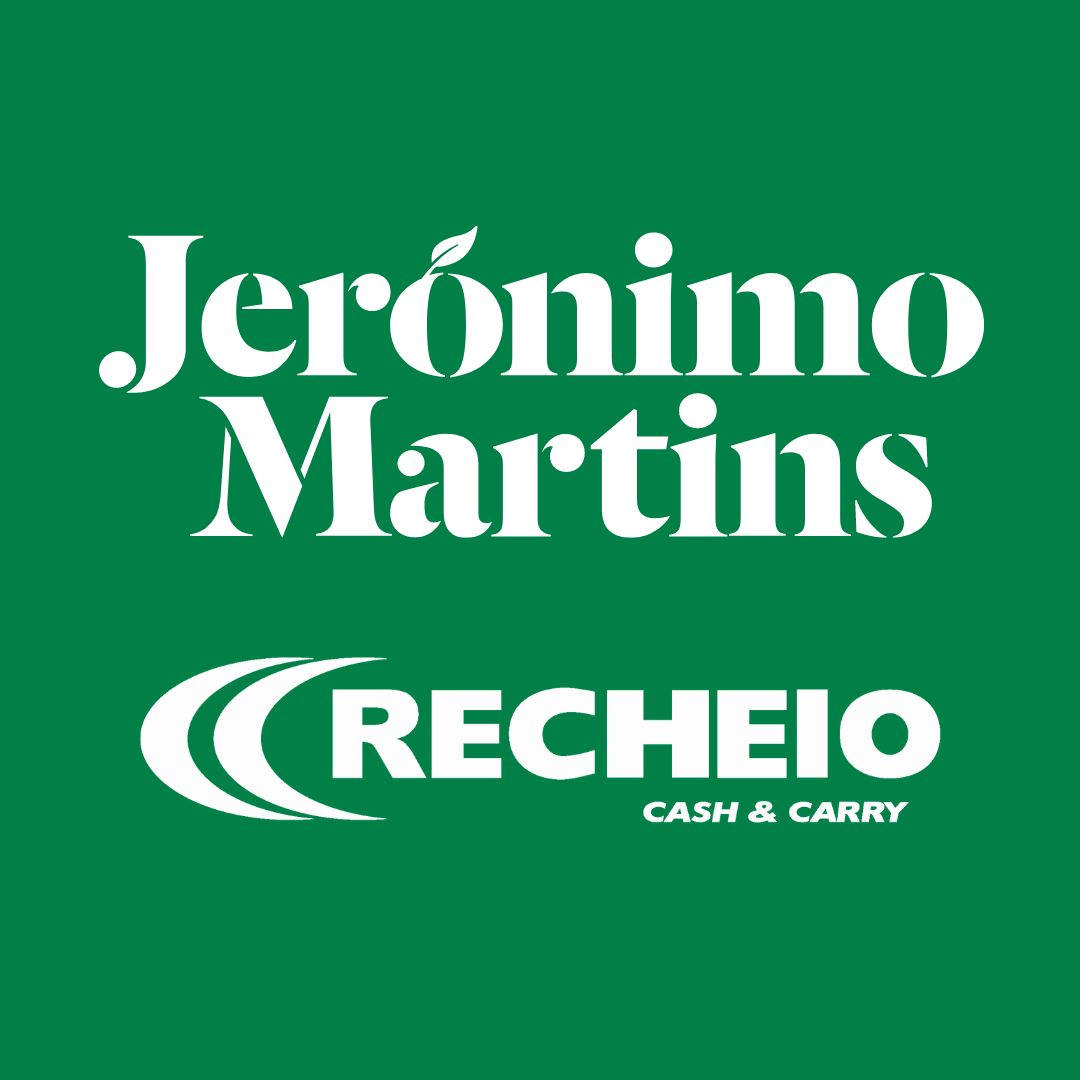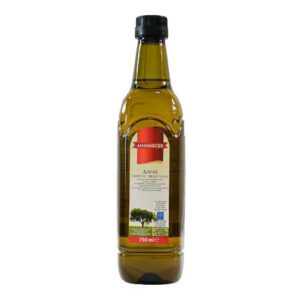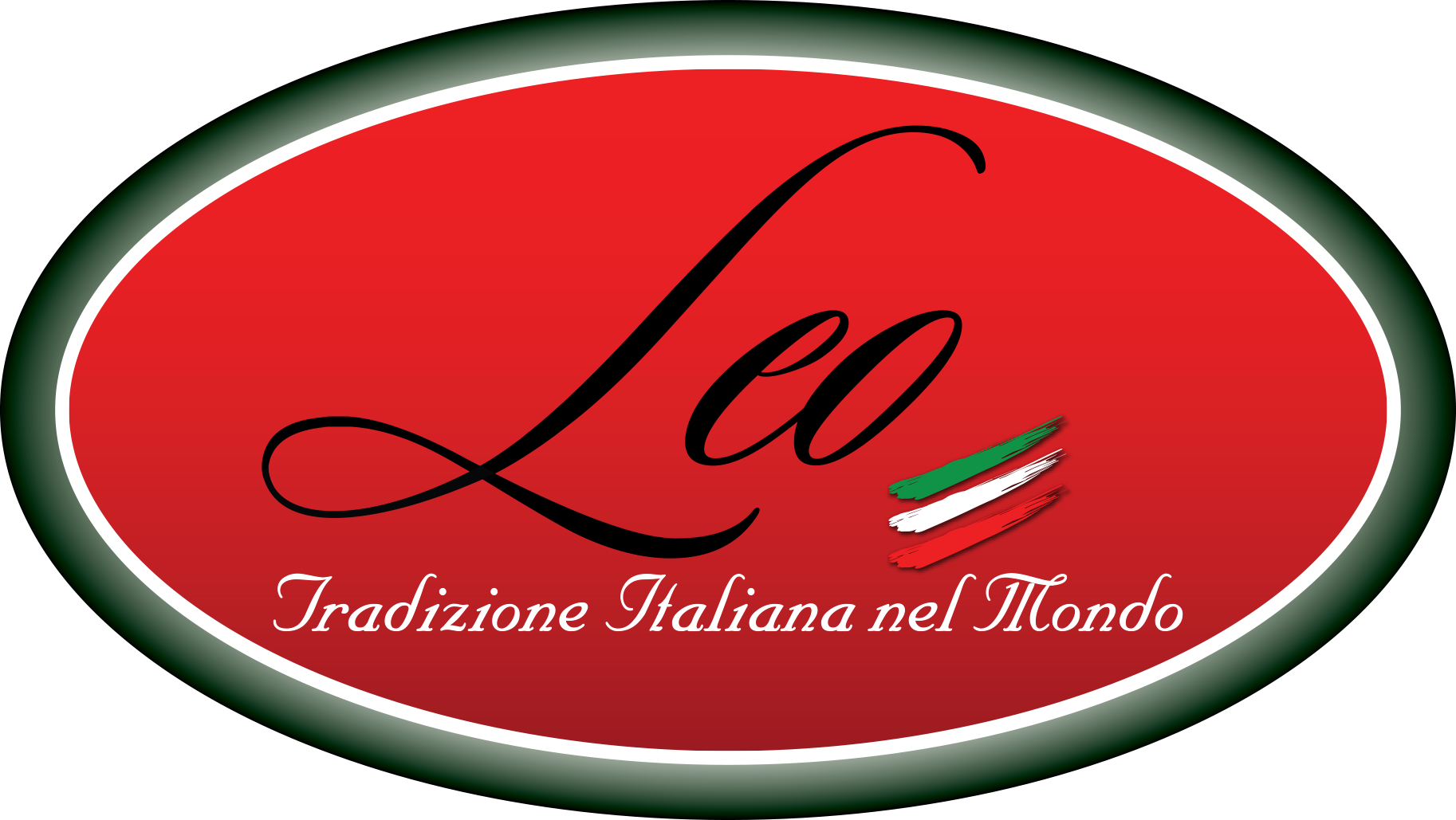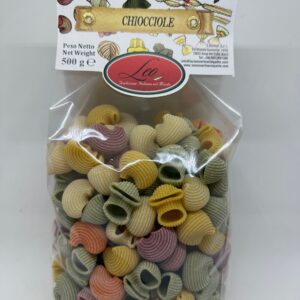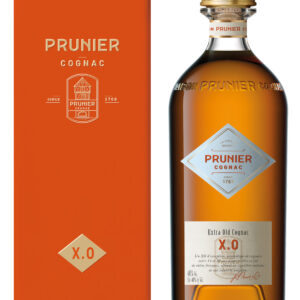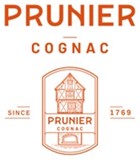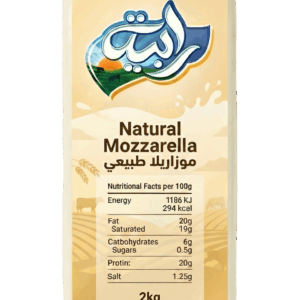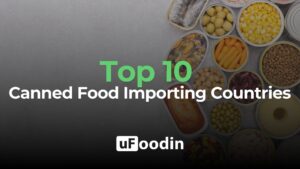
Top 10 Beverage Companies Shaping Global Consumption
The beverage industry is a cornerstone of the global food and drink market, driving significant economic growth and influencing consumer habits worldwide. In 2023, the global beverage market was valued at approximately $1.7 trillion and is projected to grow at a CAGR of 4.3% from 2023 to 2030, reaching $2.4 trillion by the end of the decade.
This growth is fueled by rising demand for healthier options, premium beverages, and innovative packaging solutions, along with increasing urbanization and disposable incomes in emerging markets.
From traditional carbonated drinks to plant-based alternatives and functional beverages, the sector has evolved rapidly. Today’s consumers prioritize health, sustainability, and authenticity in their choices, prompting companies to innovate with sugar-free options, natural ingredients, and environmentally friendly production practices.
Additionally, the rise of direct-to-consumer (DTC) channels and digital marketing has revolutionized how beverage brands engage with their audience, enabling personalization and greater accessibility.
This article spotlights the Top 10 beverage companies leading this dynamic industry. These companies have not only mastered the art of staying relevant in a competitive market but are also shaping the future of global consumption through innovation, sustainability, and brand loyalty.

1. The Coca-Cola Company
- Headquarters: Atlanta, Georgia, USA
- Revenue: Approx. $43 billion (2022)
- Why It Stands Out:
Coca-Cola is the undisputed leader in the global beverage industry, with an extensive portfolio of over 500 brands, including Coca-Cola, Sprite, and Dasani. The company continues to innovate with sugar-free options and functional beverages. - Key Innovations:
- Expansion of low- and zero-sugar products, such as Coca-Cola Zero and Diet Coke.
- Investments in sustainable packaging, including plant-based bottles.
2. PepsiCo
- Headquarters: Purchase, New York, USA
- Revenue (Beverages Segment): Approx. $35 billion (2022)
- Why It Stands Out:
PepsiCo is a global powerhouse with iconic beverage brands like Pepsi, Tropicana, and Gatorade. Its focus on health-conscious and environmentally friendly products has bolstered its market presence. - Key Innovations:
- Launch of plant-based and functional drinks under the Naked and Gatorade Fit brands.
- Commitment to achieving 100% recyclable packaging by 2030.
3. Nestlé
- Headquarters: Vevey, Switzerland
- Revenue (Beverages Segment): Approx. $23 billion (2022)
- Why It Stands Out:
Nestlé is a leader in coffee and bottled water, with brands like Nescafé, Nespresso, and Perrier. Its commitment to sustainability and premium offerings has cemented its position in the industry. - Key Innovations:
- Development of compostable coffee pods for Nespresso.
- Expansion into plant-based creamers and beverages.
4. Anheuser-Busch InBev (AB InBev)
- Headquarters: Leuven, Belgium
- Revenue: Approx. $57 billion (2022)
- Why It Stands Out:
AB InBev is the largest beer company in the world, with brands like Budweiser, Stella Artois, and Corona. It is also investing in non-alcoholic and low-alcohol beer options to meet changing consumer preferences. - Key Innovations:
- Introduction of zero-alcohol beers under popular brands.
- Use of blockchain technology for transparent and sustainable sourcing.
5. Diageo
- Headquarters: London, UK
- Revenue: Approx. $20 billion (2022)
- Why It Stands Out:
Diageo dominates the spirits market with renowned brands like Johnnie Walker, Smirnoff, and Guinness. The company is expanding its presence in the ready-to-drink (RTD) segment and sustainability initiatives. - Key Innovations:
- Launch of eco-friendly packaging for spirits.
- Development of premium RTD cocktails.
6. Red Bull GmbH
- Headquarters: Fuschl am See, Austria
- Revenue: Approx. $9 billion (2022)
- Why It Stands Out:
Red Bull pioneered the energy drink market and continues to lead with its iconic brand and global marketing strategies. - Key Innovations:
- Introduction of sugar-free and organic energy drinks.
- Focus on carbon-neutral production practices.
7. Starbucks Corporation
- Headquarters: Seattle, Washington, USA
- Revenue: Approx. $32 billion (2022)
- Why It Stands Out:
Starbucks revolutionized the coffeehouse culture and continues to innovate with ready-to-drink coffee products and plant-based options. - Key Innovations:
- Expansion of RTD beverages in collaboration with PepsiCo.
- Plant-based offerings, including oat and almond milk in stores globally.
8. Danone
- Headquarters: Paris, France
- Revenue (Beverages Segment): Approx. $9 billion (2022)
- Why It Stands Out:
Danone is a leader in plant-based and dairy beverages, with brands like Evian, Activia, and Alpro. Its focus on health and sustainability resonates with modern consumers. - Key Innovations:
- Introduction of fortified plant-based beverages.
- Commitment to achieving carbon neutrality across its operations.
9. Keurig Dr Pepper
- Headquarters: Burlington, Massachusetts, USA
- Revenue: Approx. $14 billion (2022)
- Why It Stands Out:
Keurig Dr Pepper has built a strong portfolio of coffee, soda, and juice brands, including Dr Pepper, 7UP, and Green Mountain Coffee. - Key Innovations:
- Development of smart coffee machines for personalized brewing.
- Reduced-calorie soda options to meet health-conscious demands.
10. Suntory Beverage & Food
- Headquarters: Tokyo, Japan
- Revenue: Approx. $11 billion (2022)
- Why It Stands Out:
Suntory is a global leader in premium beverages, including whiskey, bottled water, and teas. Its focus on innovation and sustainability has positioned it as a market leader. - Key Innovations:
- Expansion of premium craft beverages.
- Water resource conservation initiatives.

Key Trends in the Beverage Industry
1. Health-Conscious Beverages
Health and wellness have become central to consumer choices, leading to significant shifts in the beverage market:
- Functional Drinks: Products designed to deliver specific health benefits, such as immune-boosting drinks, gut-health beverages with probiotics, and energy-enhancing drinks, are growing rapidly.
- Low-Calorie and Sugar-Free Options: Consumers are increasingly seeking beverages with reduced or no added sugar. Brands are reformulating their iconic products and introducing alternatives to cater to these demands.
- Plant-Based Beverages: Alternatives to dairy, such as almond milk, oat milk, soy milk, and pea protein drinks, have become mainstream, appealing to both vegans and health-conscious consumers.
- Fortified Beverages: Drinks enriched with vitamins, minerals, and adaptogens (herbs or natural substances that help the body handle stress) are gaining popularity, particularly in the post-pandemic era.
2. Sustainability and Eco-Friendly Practices
Environmental concerns are shaping the beverage industry in profound ways:
- Sustainable Packaging: Companies are shifting to recyclable, biodegradable, and reusable packaging materials to reduce environmental impact. Initiatives like plant-based bottles and aluminum cans are gaining traction.
- Water Conservation: Beverage production is water-intensive, prompting companies to adopt water-saving technologies and source water sustainably.
- Ethical Sourcing: Brands are committing to fair trade practices and sustainable ingredient sourcing, particularly for coffee, tea, and cocoa.
- Carbon Neutrality Goals: Companies are aiming to reduce greenhouse gas emissions through renewable energy use, efficient logistics, and eco-friendly production processes.
3. Digital Transformation and Smart Technology
Technology is revolutionizing how beverages are produced, marketed, and sold:
- E-commerce Growth: Direct-to-consumer (DTC) channels and online marketplaces are becoming critical for beverage brands, enabling them to reach niche markets and global audiences.
- Smart Packaging: Some companies are using QR codes and NFC (near-field communication) tags on packaging to provide consumers with information about product origin, sustainability efforts, and nutritional benefits.
- AI-Driven Innovation: Artificial intelligence is being used to analyze consumer preferences, optimize product development, and predict future trends. AI also plays a role in personalizing marketing campaigns and streamlining supply chain operations.
- Blockchain for Transparency: Blockchain technology is helping brands provide transparent supply chains, particularly for premium products like coffee and wine, allowing consumers to trace the journey of their beverage from farm to bottle.
4. Premiumization and Craft Beverages
As consumers seek unique experiences, the demand for premium and craft beverages has surged:
- Artisanal Products: Small-batch, handcrafted beverages, such as craft sodas, premium teas, and single-origin coffees, are capturing consumer attention.
- Luxury Spirits and Wines: The market for high-quality, aged spirits and vintage wines is expanding, appealing to consumers willing to pay a premium for superior taste and exclusivity.
- Specialty Coffees and Teas: Consumers are exploring niche flavors and premium blends, such as cold brews, nitro coffees, and matcha lattes.
- Global Flavors: Beverages inspired by global tastes, such as kombucha (fermented tea), Japanese sake, and Mexican horchata, are becoming popular worldwide.
5. Ready-to-Drink (RTD) Beverages
Convenience is a major factor driving the popularity of RTD beverages:
- RTD Coffees and Teas: The market for prepackaged coffees and teas continues to grow, with innovations in cold brew, nitro, and plant-based creamers.
- RTD Cocktails: With the rise of at-home entertaining, ready-to-drink alcoholic beverages like canned cocktails and premium mixers are becoming staples.
- Functional RTDs: Health-focused RTD options, such as protein shakes, vitamin-infused waters, and adaptogenic drinks, are catering to wellness-conscious consumers.

Tips for SMBs in the Beverage Industry
1. Focus on Niche Markets
- Develop products tailored to specific consumer needs, such as plant-based protein drinks or regional flavors.
- Highlight unique selling points, like organic ingredients or artisanal processes.
2. Embrace Sustainability
- Invest in eco-friendly packaging and sustainable sourcing to attract environmentally conscious consumers.
- Showcase sustainability initiatives through transparent marketing.
3. Innovate with Functional Beverages
- Create products with added health benefits, such as immunity-boosting or energy-enhancing ingredients.
- Explore collaborations with fitness and wellness brands.
4. Leverage E-commerce Platforms
- Utilize online marketplaces like uFoodin B2B to connect with global distributors and retailers.
- Optimize digital marketing strategies to reach tech-savvy consumers.
The Top 10 beverage companies highlighted in this article demonstrate how innovation, adaptability, and sustainability can drive success in a highly competitive market. These companies continue to redefine consumer expectations with cutting-edge products and global strategies.
For SMBs, focusing on niche markets, sustainability, and digital transformation can create opportunities to thrive in this dynamic industry. Platforms like uFoodin empower businesses to connect with global buyers, expand their reach, and showcase their value in the ever-evolving beverage sector.
uFoodin Editorial Team
Bibliography
- Statista: Global Beverage Market Overview
- Fortune Business Insights: Beverage Industry Trends
- Company Reports: Coca-Cola, PepsiCo, Nestlé, Red Bull
- Industry Insights: Beverage Industry News
- uFoodin Official Website

